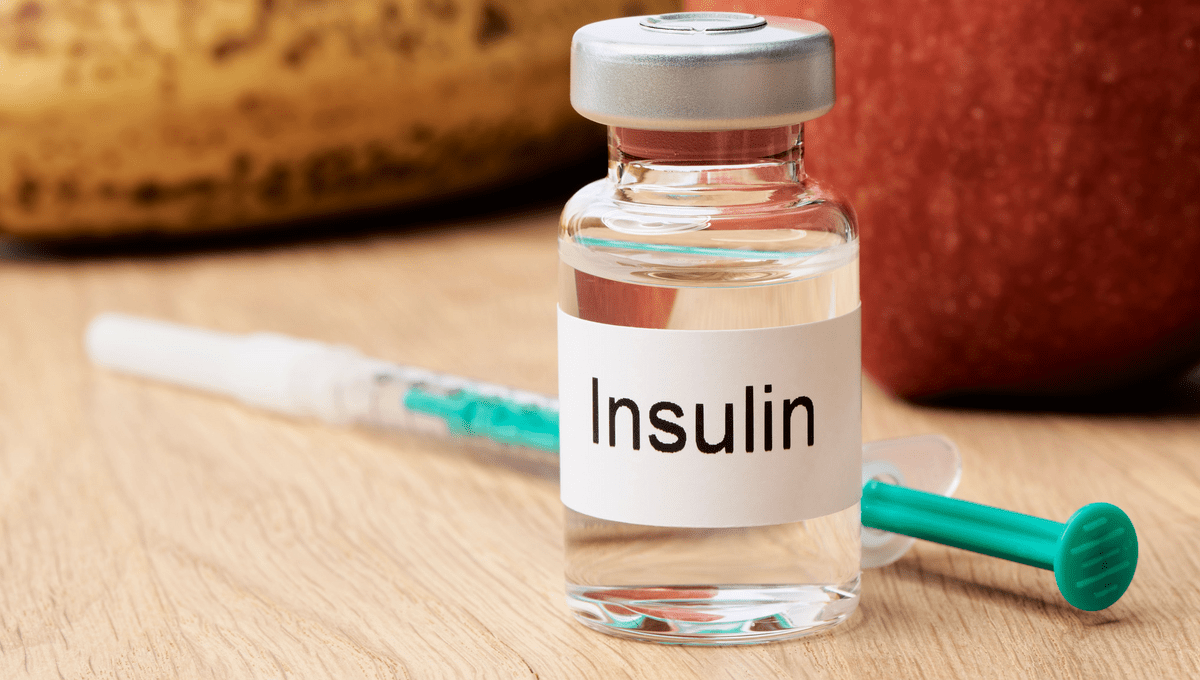
Approximately one in ten Americans – around 37.3 million people – have diabetes in one form or another. Nearly one in three of them have to treat it with daily self-injections of insulin, a process requiring specific knowledge, accurate administration, and of course, a strong nerve. Wouldn’t it be good if somebody could come up with an alternative?
That’s exactly what researchers at the University of British Columbia have done. In what is being described as a “game-changing discovery,” they’ve managed to create an oral insulin tablet that is absorbed in the body the same way as the injectable version.
While the results are so far limited to rat studies, the researchers hope that with more time, funding, and collaborators, the project can be extended to human trials in future.
The study has been published in the journal Nature Scientific Reports.
“These exciting results show that we are on the right track in developing an insulin formulation that will no longer need to be injected before every meal, improving the quality of life, as well as mental health, of more than nine million type 1 diabetics around the world,” said Anubhav Pratap-Singh, an assistant professor at UCB’s faculty of land and food systems and principal investigator on the project, in a statement.
Pharmaceutical companies have been trying to create an effective insulin tablet, capable of replacing multiple daily injections, for years – but it’s so far eluded even the experts. The problem is that insulin is a particularly difficult medicine to take orally: it’s a protein, and the vast majority of it is easily broken down in the stomach and intestines well before it gets to the liver, where it’s needed.
“For injected insulin we usually need 100iu per shot,” explained Yigong Guo, a PhD candidate working on the project and first author of the study. “Other swallowed tablets being developed that go to the stomach might need 500iu of insulin, which is mostly wasted, and that’s a major problem we have been trying to work around.”
So, instead of developing a normal pill for patients to swallow, the researchers took a different tack: they designed a tablet that dissolves between the gum and cheek. Instead of delivering insulin into the guts of the rats, this method made use of the buccal mucosa: the thin membrane in the lining of the inner cheek and back of the lips.
This area is full of tiny capillaries, meaning the drug can bypass the digestive system entirely and go immediately into the bloodstream. From there, it can be taken to the liver without accumulating or being broken down in the gut.
And it worked: “even after two hours of delivery, we did not find any insulin in the stomachs of the rats we tested,” said Guo. “It was all in the liver and this is the ideal target for insulin – it’s really what we wanted to see.”
That’s not the only advantage these dissolvable tablets have over previous efforts. Insulin delivered by swallowable pills is mostly lost in the digestive tract, but some does get through. The problem – other than the sheer amount wasted on the way – is that it does so very slowly.
However, “similar to the rapid-acting insulin injection, our oral delivery tablet absorbs after half an hour and can last for about two to four hours long,” said Alberto Baldelli, a senior fellow in Pratap-Singh’s lab.
Even beyond these specific health effects, there are more prosaic benefits to the development of an oral insulin tablet. Pratap-Singh believes that the new treatment – should it prove successful in human trials – could have important impacts on the cost, sustainability, and accessibility of the drug.
“More than 300,000 Canadians have to inject insulin multiple times per day,” he said. “That is a lot of environmental waste from the needles and plastic from the syringe that might not be recycled and go to landfill, which wouldn’t be a problem with an oral tablet.”
Source Link: Major Breakthrough In Development Of Oral Insulin Tablet Made In Rat Study